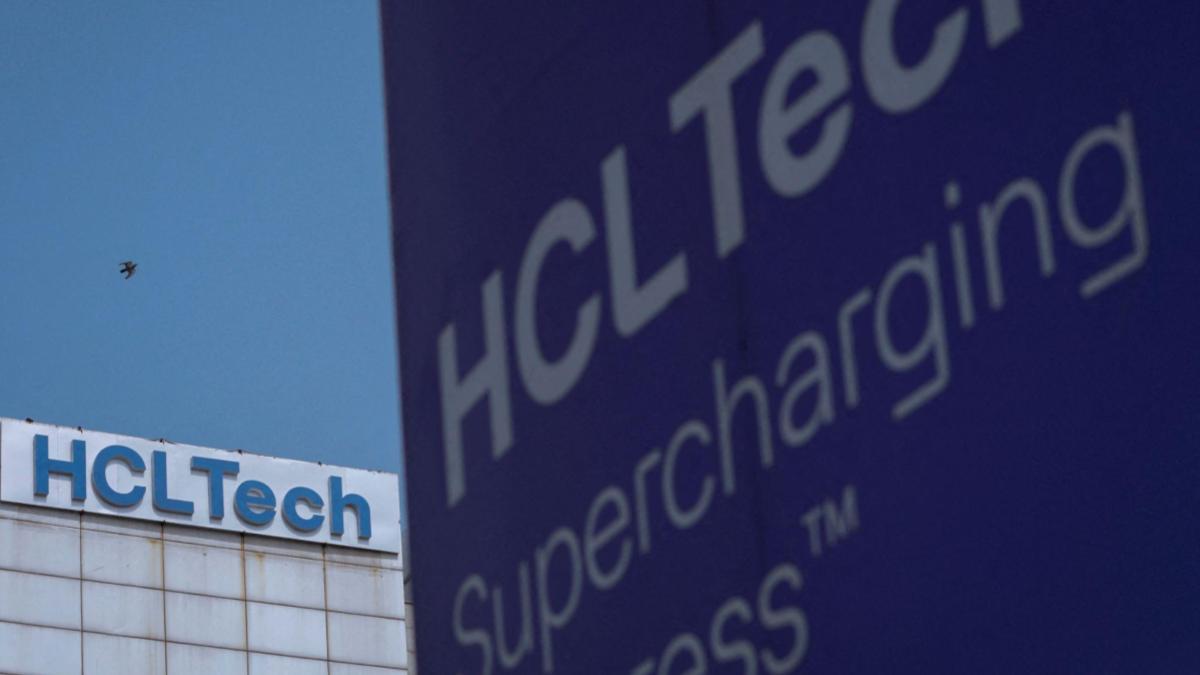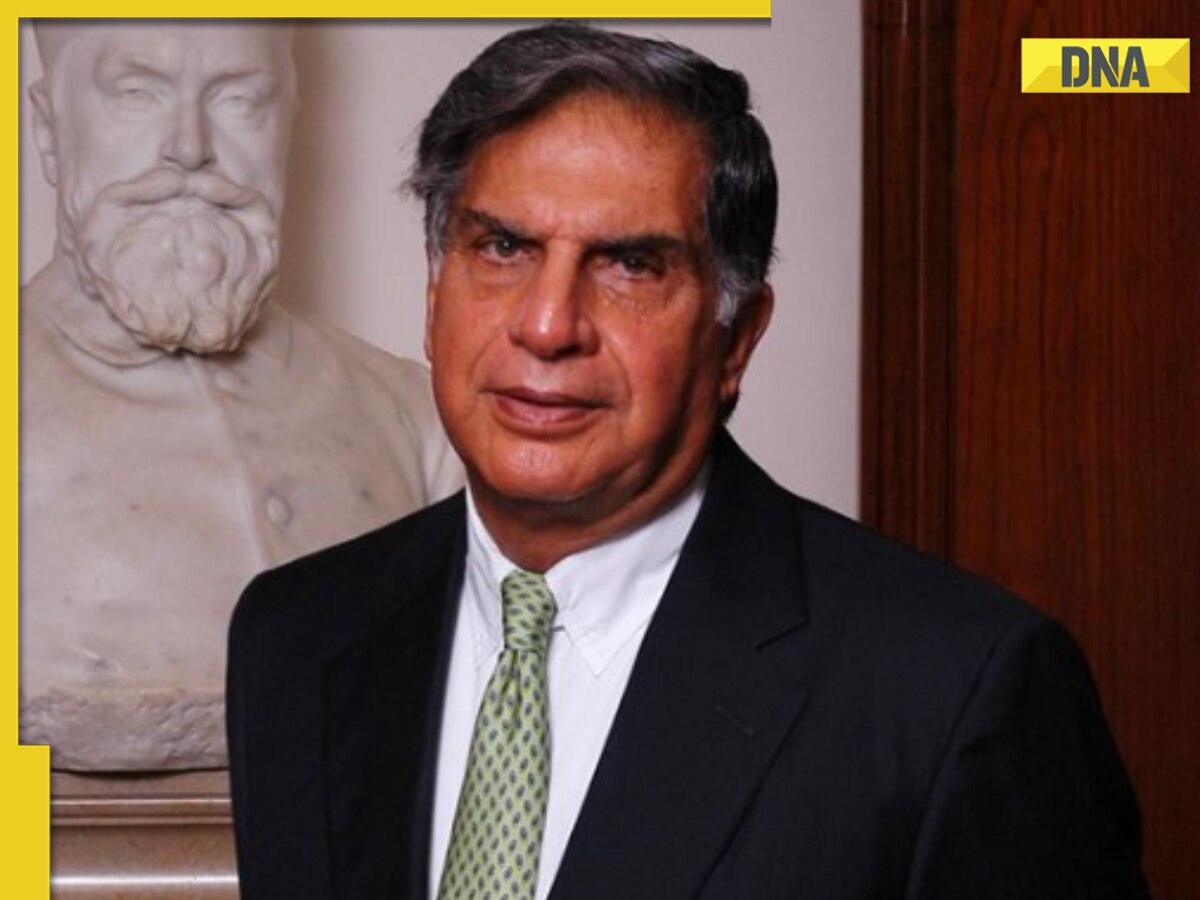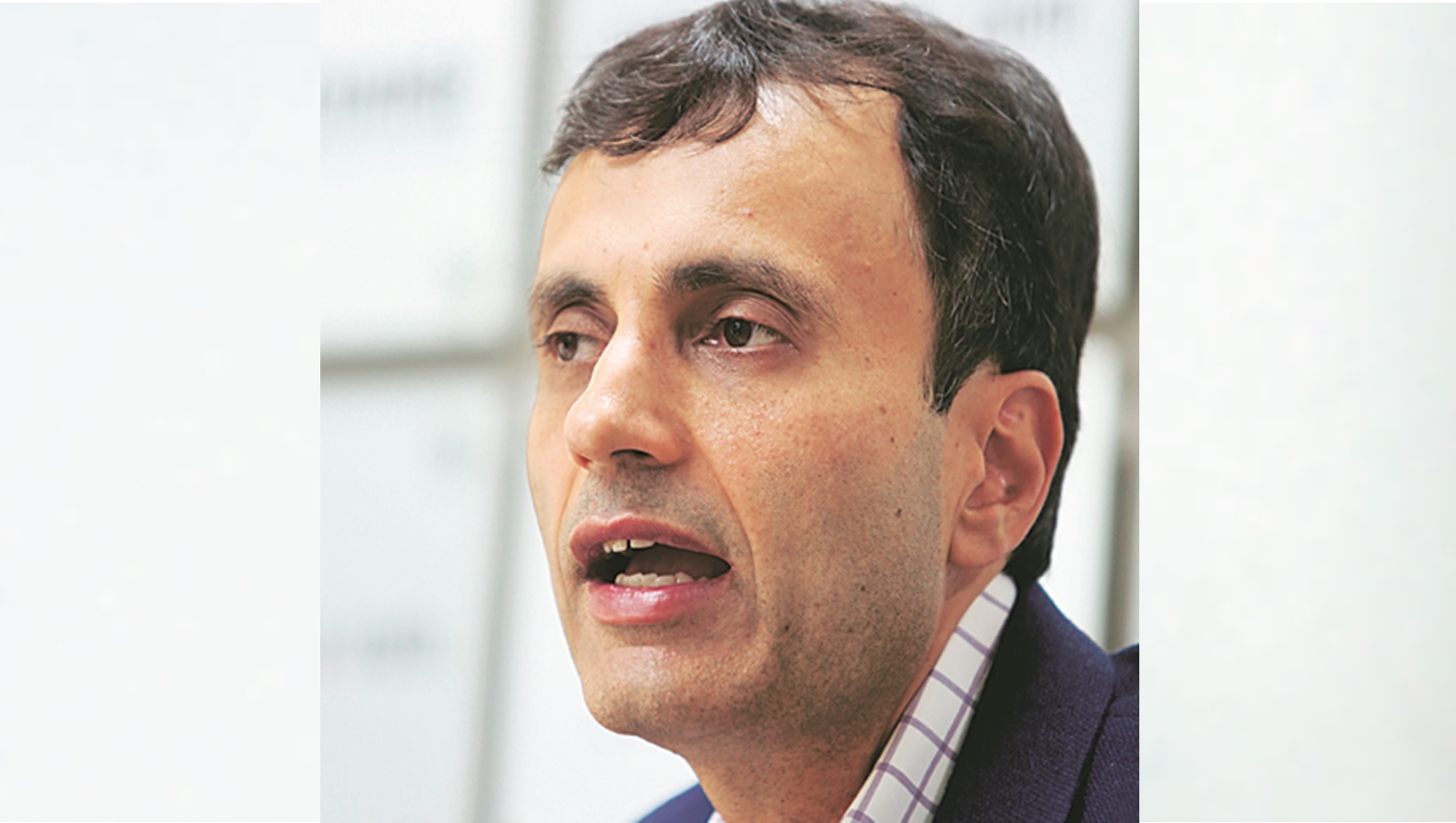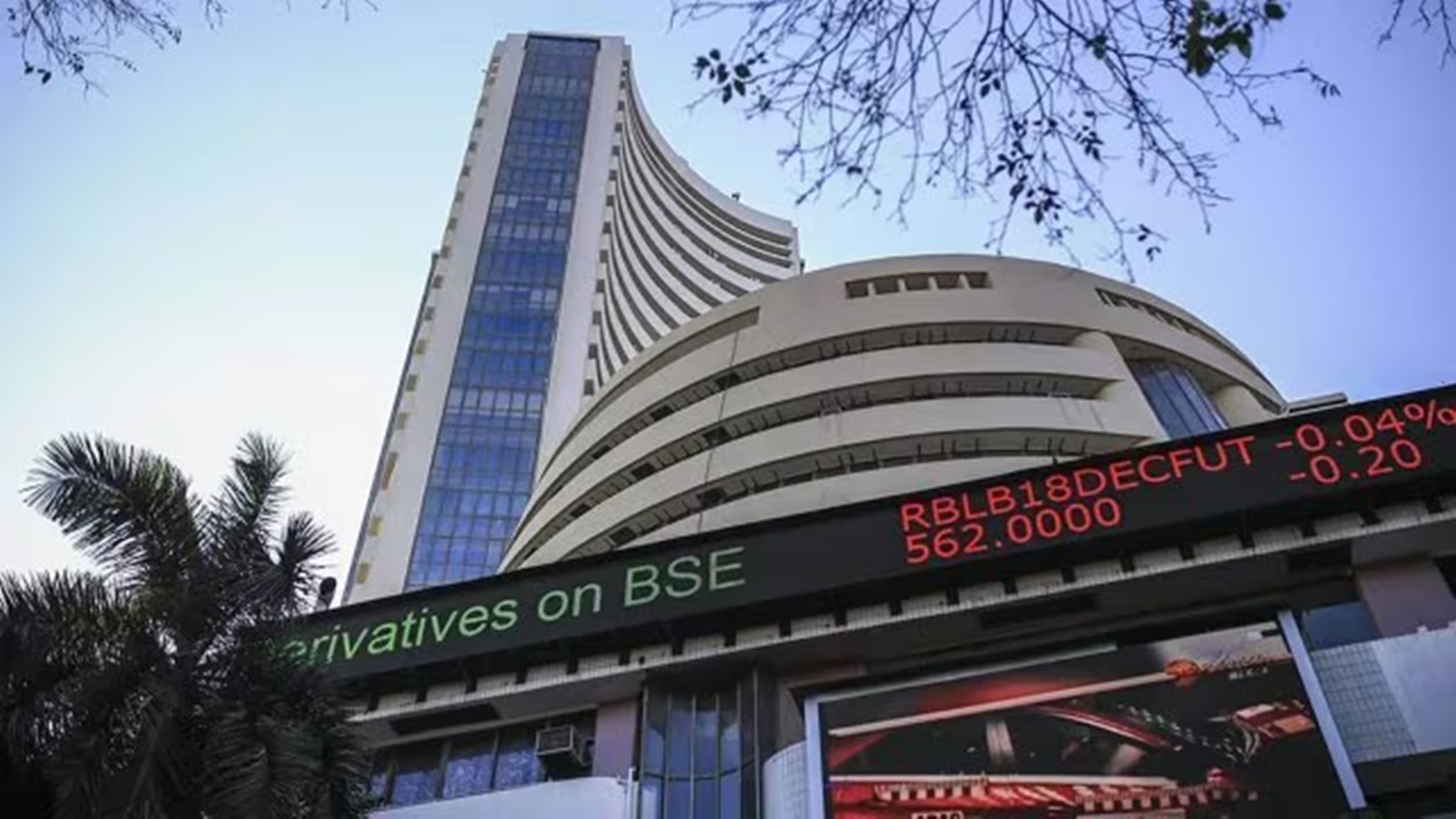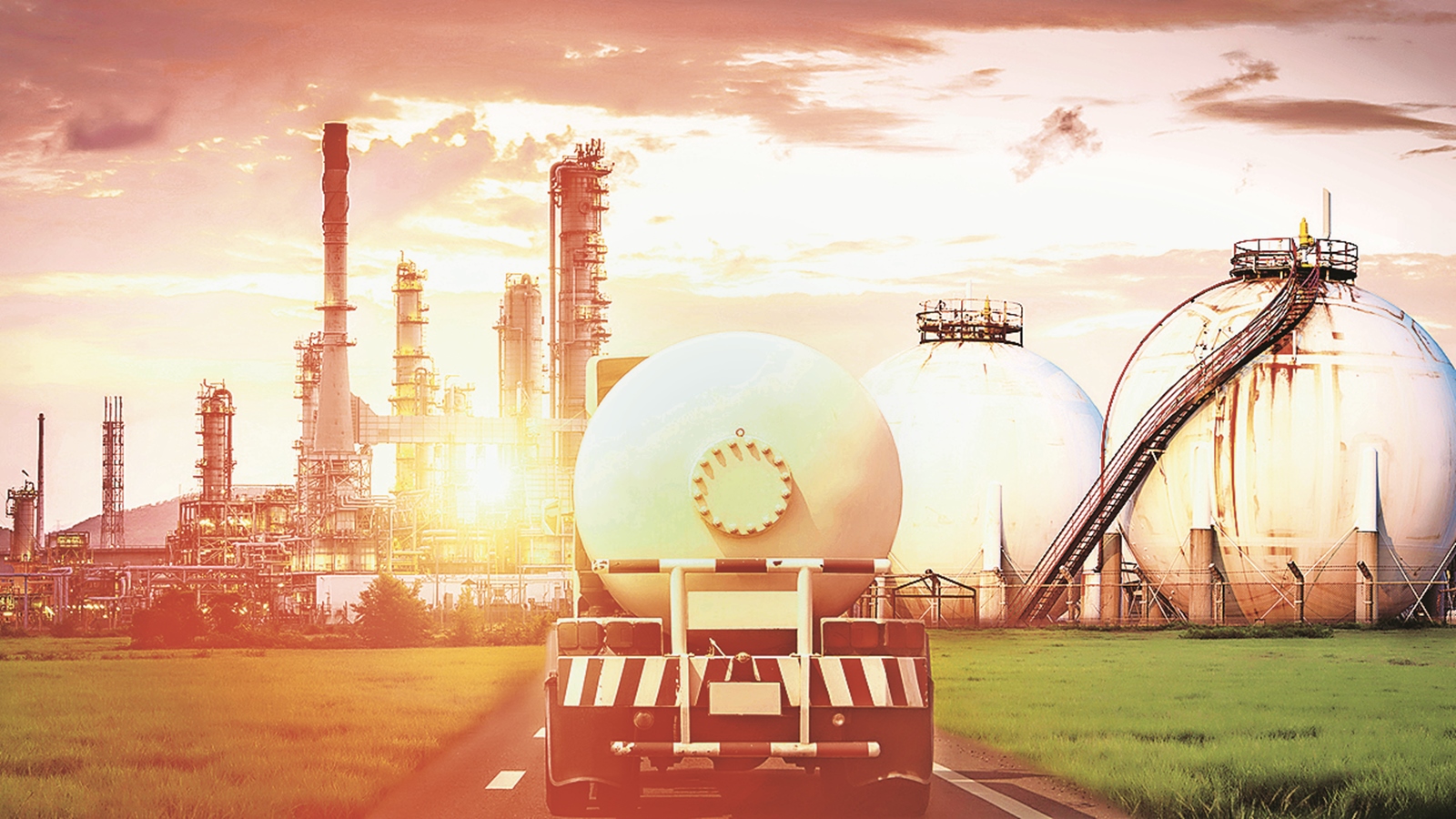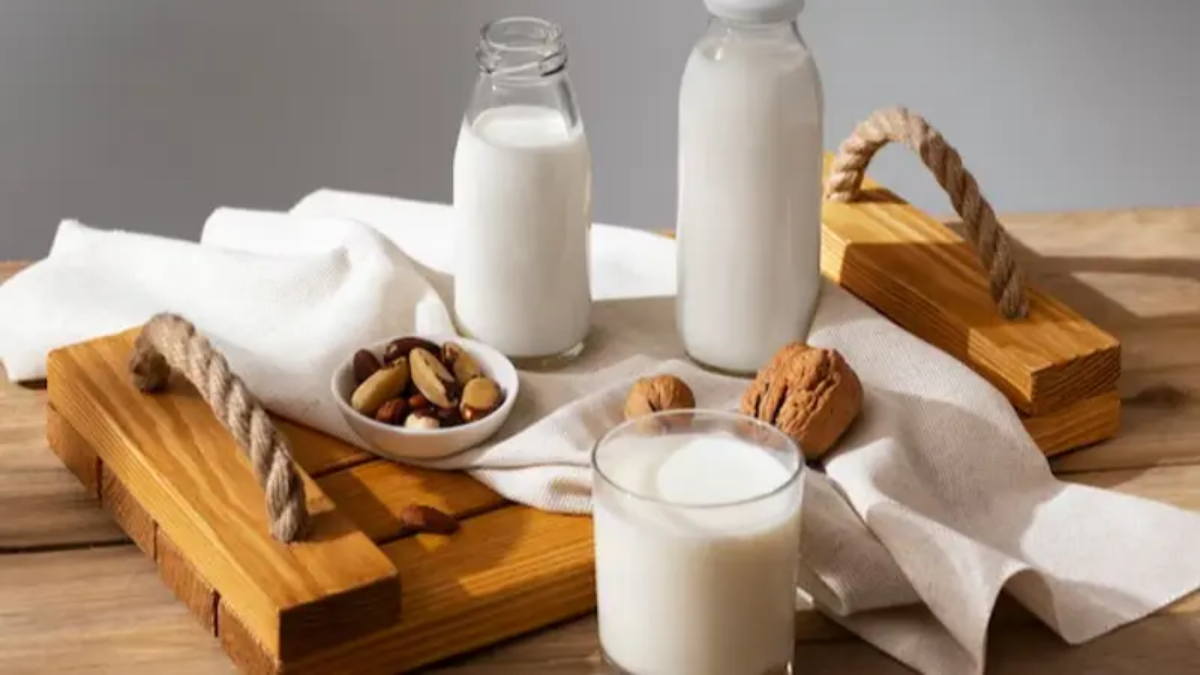The food standard regulator Food Safety and Standards Authority of India (FSSAI) on Monday withdrew last week’s directives to dairy companies against usage of A1 and A2 labels in products such milk, curd, butter and ghee The advisory dated August 21 ‘stands withdrawn for further consultation and engagement with stakeholders’, FSSAI said in a statement. This comes after experts raised reservations about the move which would impact development of indigenous breeds and asked for a high-level committee to examine the issue. In an August 21, 2024, communication, the FSSAI stated that the differentiation between A1 and A2 milk is linked to the structural differences in the beta-casein protein. “Hence, the use of any A2 claims on milk fat products is misleading and not in conformance with provisions laid down under the FSS Act,” FSSAI stated, directing food business operators to remove A1 and A2 claims or labels from dairy products. As reported in FE on Monday, in a communication to Prime Minister Narendra Modi , Indian Council for Agricultural Research (ICAR)’s governing body member and livestock expert Venugopal Badaravad urged him to request FSSAI to withdraw the directive and form a high-level committee of experts to review the issue. He suggested that the committee should include representatives from the ministries of fisheries, animal husbandry and dairying, health and family welfare, as well as ICAR and other experts. The committee would be tasked with clarifying the marketing and labelling of milk products as A1 and A2 and ensuring the proper recognition of A1 and A2 proteins. “Despite the established benefits of A2 milk from indigenous cows, FSSAI officials have hastily enacted a regulation that could jeopardize consumer choice and the future of our indigenous breeds,” Badaravada told FE. In his letter to the PM, Badaravada highlighted India ’s vast cattle genetic resources, which include 190.9 million cattle and 53 registered native breeds. He stated that with 26% of the country’s cattle population now crossbred, only 22% belong to registered indigenous breeds, while the remaining 52% are classified as ‘non-descript’ cattle. “Of the 53 registered breeds, only 8-10, comprising about 10%, are recognized as milch breeds with A2 beta-casein,” Badarvada stated. He had stated that on December 10, 2016, Prime Minister Modi had launched ‘Amul Deshi A2 Cow Milk,’ sourced from the indigenous Kankrej cow breed in Deesa, Gujarat. India’s milk production is estimated to have increased by 4.2% to a record 230.58 million tonne (MT) in 2022-23, and the country has been the largest milk producer in the world since 1998. Get live Share Market updates, Stock Market Quotes , and the latest India News … Read More and business news on Financial Express. Download the Financial Express App for the latest finance news. None
Popular Tags:
Share This Post:
Today's Gold Rate: സ്വർണവിലയിൽ ഇന്നും മാറ്റമില്ല; നിരക്ക് അറിയാം
- by Sarkai Info
- August 27, 2024


India and Singapore Elevate Strategic Partnership: New Pillars of Cooperation Unveiled
August 27, 2024What’s New
Spotlight
Today’s Hot
Featured News
Latest From This Week
To catch the IPO boom, law firms race to scale up capital markets practices
ARTICLE
- by Sarkai Info
- August 27, 2024
Gas demand uptick driven by power sector bumps up India’s LNG imports in April-July
ARTICLE
- by Sarkai Info
- August 27, 2024
India adds record 15 GW solar capacity during H1 2024: Mercom
BUSINESS
- by Sarkai Info
- August 27, 2024
Subscribe To Our Newsletter
No spam, notifications only about new products, updates.
Popular News
Top Picks
FSSAI withdraws order on milk products labelling
- August 26, 2024
India, Singapore pledge to cement ties in ’emerging areas’
- August 26, 2024
Will expand market: Digital lenders hail launch of ULI
- August 26, 2024









